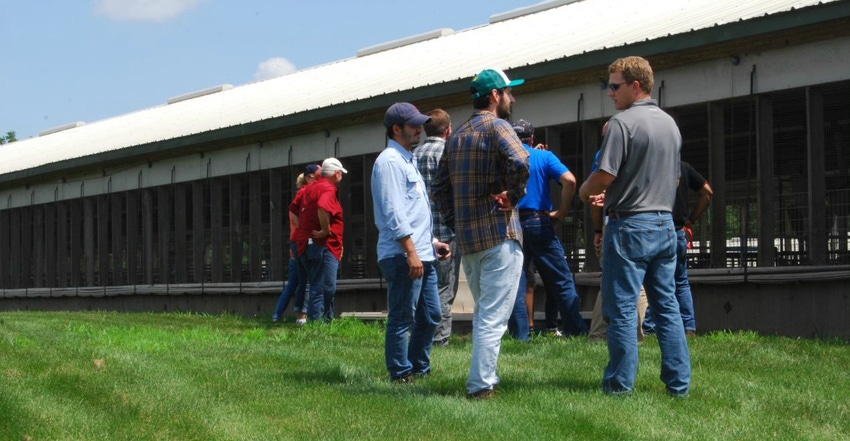August 21, 2019

In a time of economic uncertainty and lower farm incomes, many people are starting a “side” business as an additional revenue source.
Recently, a young farmer (an agronomy graduate from Iowa State) inquired about starting a crop consulting business. He’s farming with his father and would involve his father and potentially a cousin in the operation. He wants to form a limited liability company but isn’t sure if an LLC is the right entity choice. Since this would be a startup operation, he wants to keep it simple at first and grow from there.
Is an LLC the right fit?
Iowa law does allow for a simple, low-cost LLC, or other entity formation with a few follow-up requirements (online reporting, etc.). The primary benefit of an entity, such as an LLC, is to limit your individual financial liability to the equity contributed to the entity and that the LLC would act as a “shield” for the other aspects of your farming operation.
As you might suspect, there is no “magic” or perfect entity. A farm family must look at the options and choose the best fit, gathering information from their legal, financial and tax advisers.
Iowa law allows you to create entities such as a partnership, a C or S corporation, an LLC, or a limited liability partnership (LLP). There are nuances to each entity, but the reason for formation is typically to shield that business and keep it separate from other aspects of the farming operation.
While it is relatively “cheap” to set up an entity, you want to make sure you put together a plan for operating the entity and examine the goals of the operation with your trusted advisers. Drafting a good operating agreement is key to the success of this arrangement and the operation of the entity, especially if others are involved in the operation.
Questions to ask
Here are points to ponder:
Will you have full-time employees? If so, you may want to examine the formation of a C corporation.
What are other tax implications, such as exposure to self-employment tax?
Who makes the decisions on a daily basis? One person or a group of managers?
Is there a threshold dollar amount for expenditure that needs to be approved by all members?
Review your “plan of insurance.” Make sure your farm liability insurance agent has a good understanding of your new operation.
What is your succession plan with the “side” business? To whom do you want the business to pass?
What other tools are available? Buy-sell, option and machinery sharing agreements will ensure heirs can buy or inherit the assets they need to carry on the operation.
Have you consulted your accountant regarding taxes? Some entities, such as an LLC, allow for the pass through of tax liabilities. Others may have more favorable tax rates, especially if you have employees.
Remember, there is no one-size-fits-all entity plan. Each family and each farming operation needs a personalized plan. In my experience, communication is key to developing a plan that will actually be implemented successfully.
To read the relative advantages and disadvantages of different business entities, visit Iowa State University Extension. This article, published by ISU Extension and authored by farm management specialist Kelvin Leibold, highlights several key considerations and links to helpful websites and taxpayer services.
Herbold-Swalwell is an attorney with Brick-Gentry in Des Moines. Email [email protected].
About the Author(s)
You May Also Like






